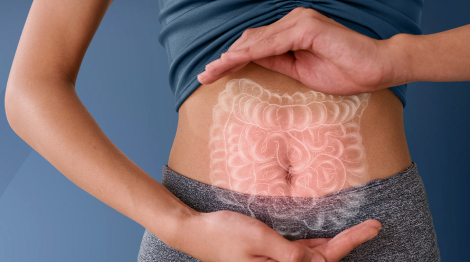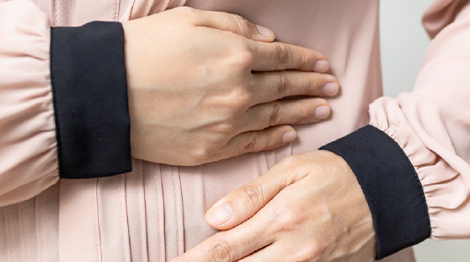A200
Food sensitivity to more than 200 foods
Why undergoing this examination?
Abnormal reactions to food can be classified as toxic or non-toxic. Toxic reactions, in turn, are divided into immune and non-immune allergic reactions. Immune allergic reactions are complex immunological processes that can be mediated by both immunoglobulin E (IgE) and specific immunoglobulin G (IgG) antibodies, against the antigens (proteins) in food. IgE-mediated reactions are responsible for mediating true food allergies, while IgG-mediated reactions are characterized as food hypersensitivities (commonly referred to as food intolerances). The latter may result from enzymatic deficits (e.g., lactose) or the presence of chemicals or additives in food.
What is this exam?
The A200 test involves the determination of IgG antibodies against more than 200 food proteins based on a Mediterranean diet. It is a direct test for the quantification of specific IgGs in serum samples and, therefore, more objective than other tests that check for changes in the shape of leukocytes or perform bioresonance analysis.
For whom is it indicated?
- Patients with suspected food sensitivity from the age of 4;
- Patients who present any of the following clinical symptoms without etiological diagnosis and/or without improvement with usual medical treatments;
- Gastrointestinal disorders: abdominal pain, constipation, diarrhea, abdominal bloating, nausea, acidity, ulcers and canker sores, gastritis, colitis;
- Dermatological conditions: acne, eczema, psoriasis, itching, and hives;
- Neurological diseases: headaches, migraines, dizziness, vertigo;
- Respiratory changes: cough, bronchitis, asthma, rhinitis, and psychological conditions such as anxiety, depression, fatigue, hyperactivity;
- Musculoskeletal disorders: pain, stiffness, arthritis, fibromyalgia;
- Others: fluid retention.
Technology
Immunoblot.
A200
Food sensitivity to more than 200 foods
Abnormal reactions to food can be classified as toxic or non-toxic. Toxic reactions, in turn, are divided into immune and non-immune allergic reactions. Immune allergic reactions are complex immunological processes that can be mediated by both immunoglobulin E (IgE) and specific immunoglobulin G (IgG) antibodies, against the antigens (proteins) in food. IgE-mediated reactions are responsible for mediating true food allergies, while IgG-mediated reactions are characterized as food hypersensitivities (commonly referred to as food intolerances). The latter may result from enzymatic deficits (e.g., lactose) or the presence of chemicals or additives in food.
The A200 test involves the determination of IgG antibodies against more than 200 food proteins based on a Mediterranean diet. It is a direct test for the quantification of specific IgGs in serum samples and, therefore, more objective than other tests that check for changes in the shape of leukocytes or perform bioresonance analysis.
- Patients with suspected food sensitivity from the age of 4;
- Patients who present any of the following clinical symptoms without etiological diagnosis and/or without improvement with usual medical treatments;
- Gastrointestinal disorders: abdominal pain, constipation, diarrhea, abdominal bloating, nausea, acidity, ulcers and canker sores, gastritis, colitis;
- Dermatological conditions: acne, eczema, psoriasis, itching, and hives;
- Neurological diseases: headaches, migraines, dizziness, vertigo;
- Respiratory changes: cough, bronchitis, asthma, rhinitis, and psychological conditions such as anxiety, depression, fatigue, hyperactivity;
- Musculoskeletal disorders: pain, stiffness, arthritis, fibromyalgia;
- Others: fluid retention.
Immunoblot.
Advantages
SYNLAB GROUP
Guaranteed by the experience of the absolute European leader in laboratory diagnostics.
COMPLETE
A simple serum sample for the analysis of 216 food proteins based on a Mediterranean diet.
Extra Information
DOCUMENTATION – Available on the SYNLAB Direct for clients
- Informed Consent;
- Clinical Questionnaire.
PREPARATION
- Fasting is required for at least 4 hours before the test;
- It is recommended to discontinue antihistamines 15 days before collection;
- The test is not recommended for patients on immunosuppressive and corticosteroid treatment;
- Not recommended for pregnant women and children under 8 years old.
Additional Information
Learn more about the food groups included in the A200 analysis


Delivery Time
7 business days

Sample Type
1 mL of serum


























